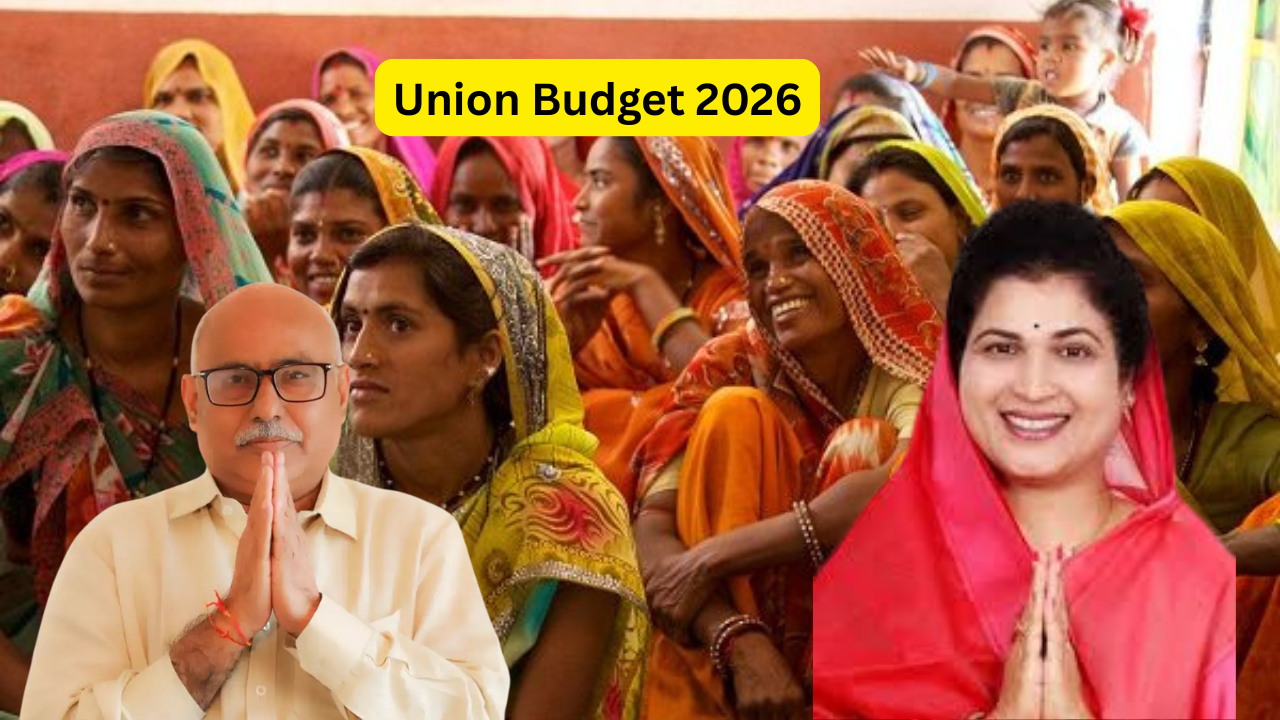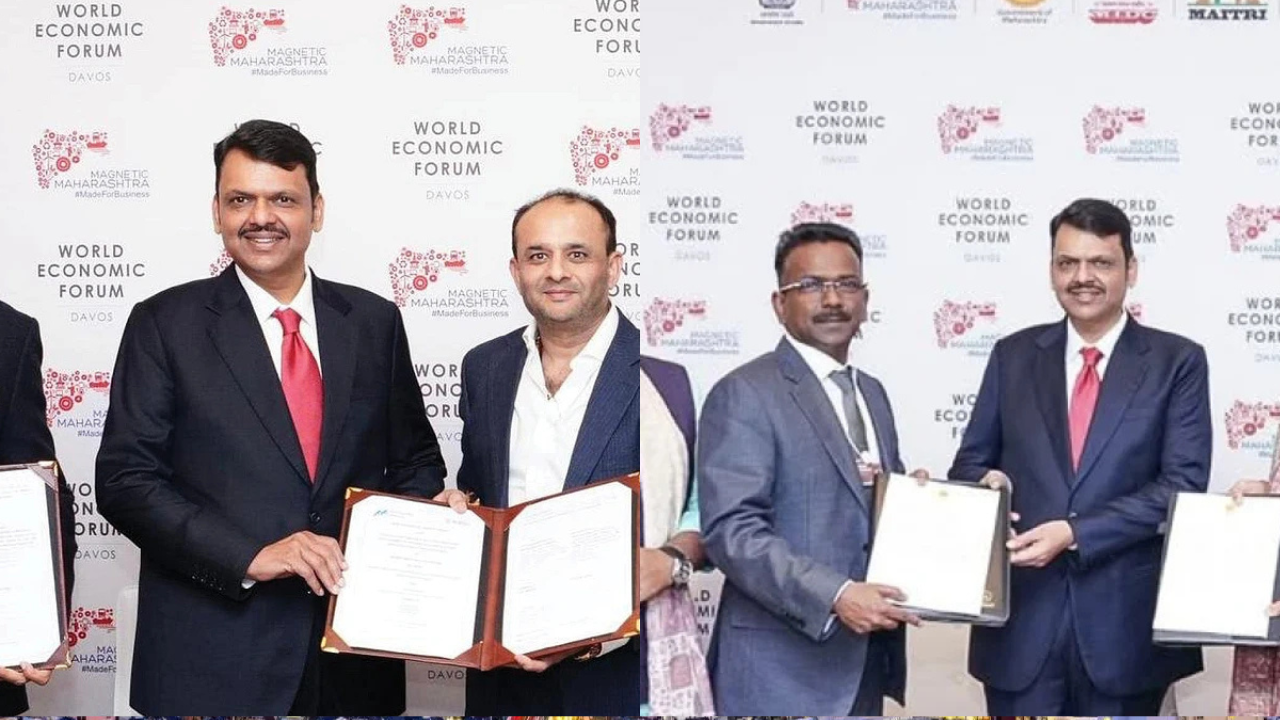Women can make the World Better Place to live
- Economic history has long been told through a male lens, emphasizing men’s contributions and perspectives. Look at the Nobel Prize in economics. It has been awarded to 90 men since 1969 – and only three women. The first, Elinor Ostrom, won the prize in 2009 for explaining how local communities, mainly in developing countries, govern themselves. The runner-up, Esther Duflo, won in 2019, for her pilot effort to reduce global poverty. Claudia Goldin is the third woman to receive the 2023 Nobel Prize in Economics for her work explaining why women earn less than men, even when doing the same work.
Economics focuses on the study of systems that efficiently produce goods and services that have economic value. Natural and human resources are measured by economists in monetary terms. Claudia Goldin was recognized for her work explaining why women earn less than men, even when doing the same work. Women’s work in the family contributes to the happiness of people in society: it does contribute to the growth of the economy and GDP. Goldin’s research shows that women, who also perform household chores at home, are considered less valuable in economic ventures because they cannot commit to continuously working full-time for their employer. , something men can do.
The future of work and India
- Economic growth patterns have changed globally. It is increasingly difficult to find long-term employment in industrial settings, even in rich countries. More and more jobs are being created in the gig economy and informal sector. Even in large industrial facilities, employment is on short-term contracts. These future employment trends pose a particular challenge for India, the country with the world’s largest youth population. They have less access to decent work, with adequate income and social security, even though the Indian economy is one of the most dynamic in the world.
Additionally, India, which ranks 132nd out of 191 countries in human development, needs to invest more in health care services. Unfortunately, care work is not highly valued in the cash economy. Millions of women work as domestic workers and millions more do care work in the community as ASHAs (Accredited Social Health Activist) and anganwadi assistants in the education sector and basic health care, are very poorly paid.
Goals of the SDGs
The 17 Sustainable Development Goals (SDGs) to be achieved by 2030, cover a range of environmental, social and economic issues that must be addressed simultaneously to achieve more inclusive and sustainable progress . The G20 estimates that by mid-2030, global progress on the SDGs is behind schedule, with only 12% of the goals on track. Clearly, we need to change our approach to achieving the SDGs.
It is time for the powers above to humbly listen to the people and learn from them, instead of teaching them the methods that have brought humanity to serious problems of environmental degradation and economic inequality. The world’s male-dominated business systems and social institutions need to be reconsidered. Women must be given freedom, not only to advance in male-dominated institutions, but also to form better, family-oriented institutions of governance. In addition, local communities must be empowered to design and implement comprehensive and sustainable solutions to their problems. Without these fundamental institutional reforms, Vasudhaiva Kutumbakam’s vision: “One family, one land, one future” will soon disappear along with the banners of the G20.
For more information visit at https://happenrecently.com/zepto/?amp=1
Source: www.thehindu.com







